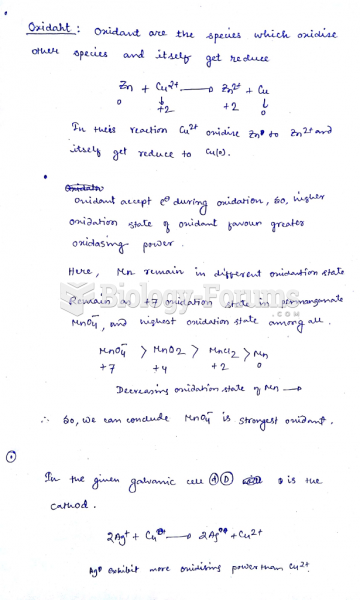Answer to Question 1
a
Answer to Question 2
A QUESTION OF ETHICS
1. The court concluded that McMillan had been paying the premiums to maintain the policy, that Hibbard was required to perform the agreement with McMillan, and that Hibbard had been stubbornly litigious. The court ordered Hibbard to pay McMillan 8,226 plus 304.20 in interest as reimbursement for premiums paid, as well as 2,292.57 in attorney's fees. Hibbard appealed to a state intermediate appellate court, which affirmed the lower court's order. The appellate court explained that to collect attorney's fees the plaintiff must show that the defendant acted in bad faith, was stubbornly litigious, or caused the plaintiff unnecessary trouble and expense. The court pointed out that the parties had discussed Hibbard's options with respect to the insurance policy. Hibbard had asked for thirty days to decide, and McMillan agreed, but Hibbard never chose one of the options, despite repeated requests by McMillan. The court stated, There was no bona fide controversy, as there was no evidence that Hibbard misunderstood this term of the agreement.
If Hibbard had not understood the agreement, or at least this term, however, it might have served as a ground to justify a failure to opt for one of the choices. The court alluded to the parties' reference to tax consequences, although the amount was not known, and Hibbard's attorney mentioned that the reason for this insurance provision and the transfer of the policy is all about taxes, but both the trial and appellate courts held that the purpose of the provision was irrelevant.
2. The limits to parties' freedom to contract, as indicated by the discussion of the principles in this chapter, include the requirements for an effective offer and its acceptance. Among those requirements, and actually contended in the Hibbard case, is the definiteness of the terms. Hibbard argued in part that the terms in his agreement with McMillan were not sufficiently clear or precise for a court to provide an appropriate remedy.
The court agreed that a contract on which specific performance is sought, which is what McMillan wanted in this case, must be certain, definite, and clear; and so precise in its terms that neither party can reasonably misunderstand it. The requirement of certainty extends not only to the subject matter and purpose of the contract, but also to the parties, consideration, and even the time and place of performance, where these are essential.
But the court disagreed with Hibbard. It is not necessary that a contract shall state definitely and specifically all facts in detail to which the parties may be agreeing, but as to such matters, it will be sufficiently definite and certain if it contains matter which will enable the courts, under proper rules of construction, to ascertain the terms and conditions on which the parties intended to bind themselves. In this case, the terms of the parties' agreement are sufficiently clear . . . that neither party could reasonably misunderstand them. As explained by counsel . . . , the first option gives Hibbard the right to own and maintain the policy, and it provides a mechanism for handling any outstanding loans against the policy. The second option allows the policy's cash value to retire the loans against it and requires Hibbard to accept responsibility for any benefit or detriment remaining thereafter. These terms are clear and precise, and the trial court did not err in awarding specific performance.
The court added that it was not incumbent upon McMillan to prove the fairness' of the terms. Competent parties are free to choose, insert, and agree to whatever provisions they desire in a contract, unless prohibited by statute or public policy.







